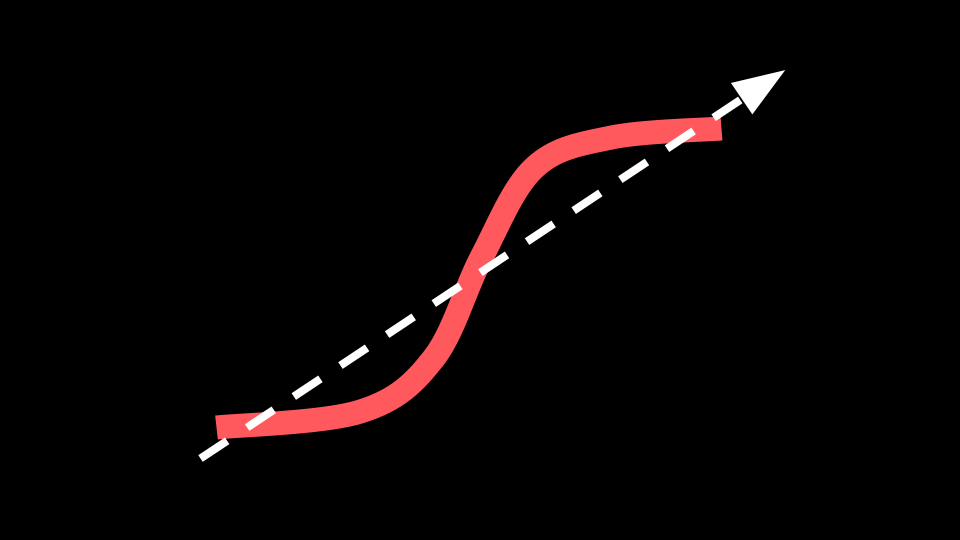Amara's Law: Great Expectations

When a disruptive innovations is first introduced we tend to get wildly excited about it potential applications. Our expectations get ahead of reality and we become underwhelmed by technological progress.
But eventually this dynamic flips. Enabling technologies begin to advance at an exponential rate and we start to underestimate the innovation's full potential.
This psychological phenomenon is known as Amara's Law.

Coined after American futurist and president of the Institute for the Future Roy Charles Amara (1925-2007), this phenomenon describes our inability to accurately predict the rate at which an innovation impacts society.
Our expectations increase linearly, but the development and application of technology is anything but.
"We expect too much of an innovation in the first ten years and too little in the first 20, but get it about right at 15." —MATT RIDLEY

The bitcoin network has now been operational for 758979 blocks (~13.75 years). There have been several hype cycles (2011, 2014, 2017, 2021) marked by larger and larger bursts of media coverage. Each time, those lacking long-term conviction eventually turned away in disinterest.
But such a pattern can only continue for so long until an inflection point is reached in the scope and scale of adjacent tools, products, and services on offer. As technological development compounds, more functionality becomes available to a broader pool of potential users.

Disheartened by years of disappointment, the general public grows weary of new promises (or their own prior expectations) only to be met with a significantly more advanced technology, a more mature industry, and an environment ripe for disruption.
Predictions are (and will remain) a fool's errand, but recognizing that the odds of bitcoin's success have vastly improved is essential for identifying major societal shifts before they occur.
“Forecasting technological change is almost impossibly hard and nobody — yes, nobody — is an expert at it. The only sensible course is to be wary of the initial hype but wary too of the later scepticism.” —MATT RIDLEY